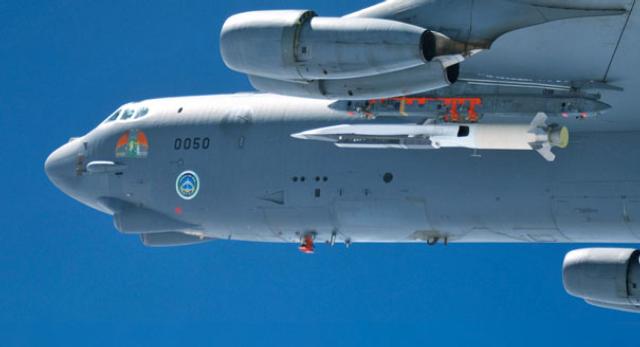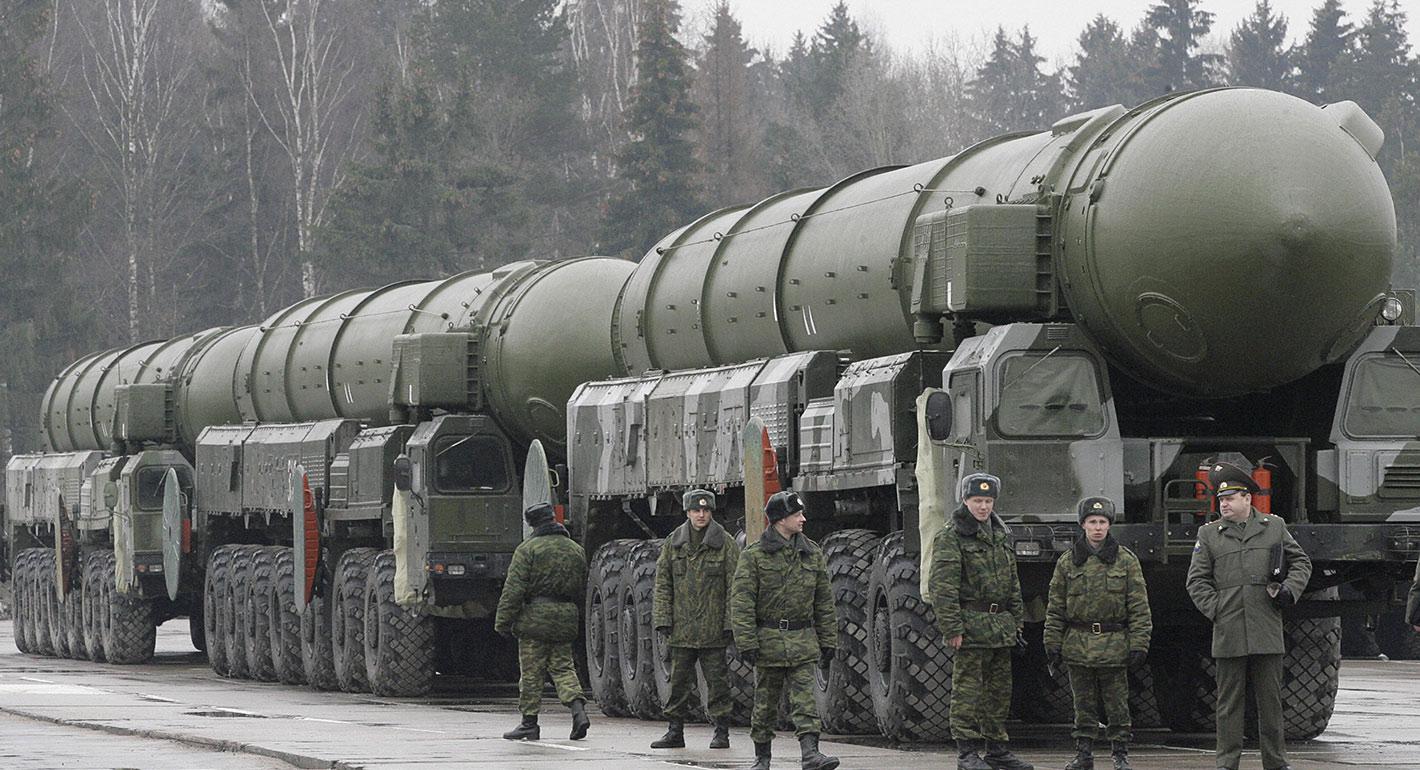For over 30 years, experts, officials, executives, journalists, and students from across the globe have come together to debate—and explore solutions for—the most pressing challenges in nuclear nonproliferation, arms control, disarmament, deterrence, energy, and security at the Carnegie International Nuclear Policy Conference.
The Nuclear Policy Program aims to reduce the risk of nuclear war. Our experts diagnose acute risks stemming from technical and geopolitical developments, generate pragmatic solutions, and use our global network to advance risk-reduction policies. Our work covers deterrence, disarmament, arms control, nonproliferation, and nuclear energy.
Program experts
James M. Acton
Jessica T. Mathews Chair, Co-director, Nuclear Policy Program
Fiona Cunningham
Nonresident Scholar, Nuclear Policy Program
Toby Dalton
Senior Fellow and Co-director, Nuclear Policy Program
Jane Darby Menton
Fellow, Nuclear Policy Program
Rose Gottemoeller
Nonresident Senior Fellow, Nuclear Policy Program
Nicole Grajewski
Fellow, Nuclear Policy Program
Mark Hibbs
Nonresident Senior Fellow, Nuclear Policy Program
Togzhan Kassenova
Nonresident Fellow, Nuclear Policy Program
Ulrich Kühn
Nonresident Scholar, Nuclear Policy Program
Jamie Kwong
Fellow, Nuclear Policy Program
Ariel (Eli) Levite
Nonresident Senior Fellow, Nuclear Policy Program, Technology and International Affairs Program
Ankit Panda
Stanton Senior Fellow, Nuclear Policy Program
George Perkovich
Japan Chair for a World Without Nuclear Weapons, Vice President for Studies
Lindsay Rand
Nonresident Scholar, Nuclear Policy Program
Jayita Sarkar
British Academy Global Innovation Fellow, Nuclear Policy Program
Todd S. Sechser
Nonresident Scholar Nuclear Policy Program
Lauren Sukin
Nonresident Scholar, Nuclear Policy Program
Sinan Ülgen
Senior Fellow, Carnegie Europe
Tristan Volpe
Nonresident Fellow, Nuclear Policy Program
Fumihiko Yoshida
Nonresident Scholar, Nuclear Policy Program
Tong Zhao
Senior Fellow, Carnegie China, Nuclear Policy Program
Proliferation News
Proliferation News is a biweekly newsletter highlighting the latest analysis and trends in the nuclear policy community.


Carnegie International Nuclear Policy Conference
For over 30 years, experts, officials, executives, journalists, and students from across the globe have come together to debate—and explore solutions for—the most pressing challenges in nuclear nonproliferation, arms control, disarmament, deterrence, energy, and security at the Carnegie International Nuclear Policy Conference.


Hypersonic Weapons
A new arms race is afoot. China, Russia, and the United States are aggressively pursuing the development and deployment of advanced hypersonic weapons, while other states are starting or scaling up their own programs. But what are these weapons? Who’s working on what? And what are the implications for global security? A strategy for managing the race toward these weapons—which combine speed with maneuverability and long ranges—has never been more crucial.
Resources for the Future of Arms Control
A guide to canonical sources on the history and aims of arms control, with a focus on verification and monitoring as well as contemporary challenges.
All work from Nuclear Policy
filters
Trump has every opportunity to alter the dynamics in the war in Ukraine, because Putin has strong motives to nurture his relationship with the United States.
Membership bids by the two southern Asian countries present a unique challenge for the world’s leading multilateral nuclear export control group.
A conversation on the potential drivers and implications of an Iranian withdrawal from the Nuclear Non-Proliferation Treaty.
Given the escalation of tensions between Iran and Israel, combined with the growing calls for withdrawal within Iran, the United States and a broader coalition of concerned states would be prudent to anticipate Iran’s withdrawal from the Nuclear Non-Proliferation Treaty and do their best to prevent it.
The best option already has a successful playbook from 2013.
It is said that a nation’s defense strategy must rest on four legs: diplomacy, military, economy, and society. But over the last year, it has become clear that Israel is pinning all its hopes for security solely on one leg: the military.
Curtailing cooperation with the global nuclear order may be provocative, but it is not necessarily productive.
Under Xi, China has shifted toward a much more aggressive nuclear expansion. What factors are actually motivating China’s policy and perspectives? What are the implications for U.S.-China nuclear relations and international security?
- +1
- James M. Acton,
- Fiona Cunningham,
- Tong Zhao,
- William Hennigan
NATO’s former deputy secretary discusses President Zelensky’s victory plan for Ukraine, and Russia’s faltering economy.
- +1
- James M. Acton,
- Fiona Cunningham,
- Tong Zhao,
- William Hennigan




